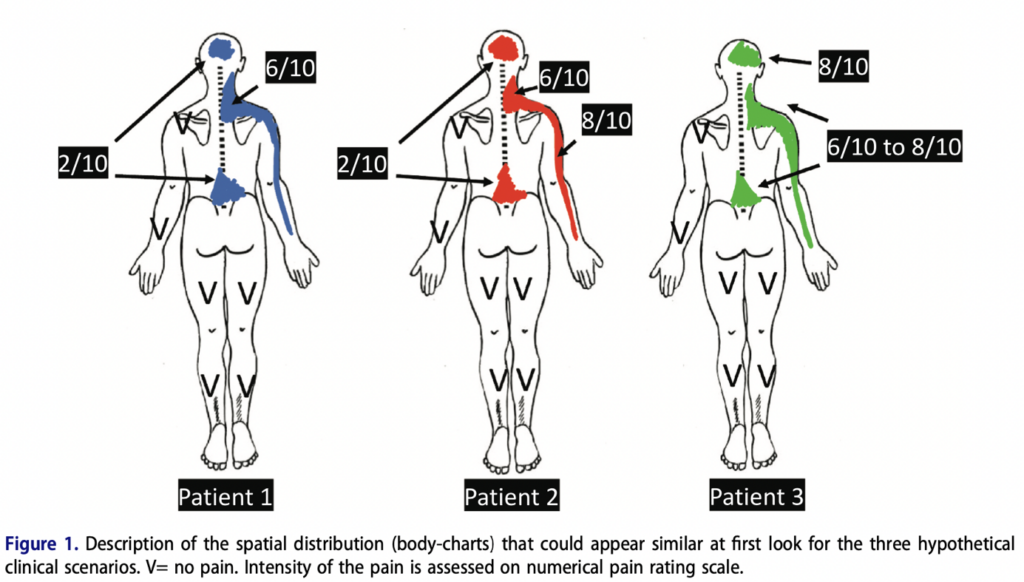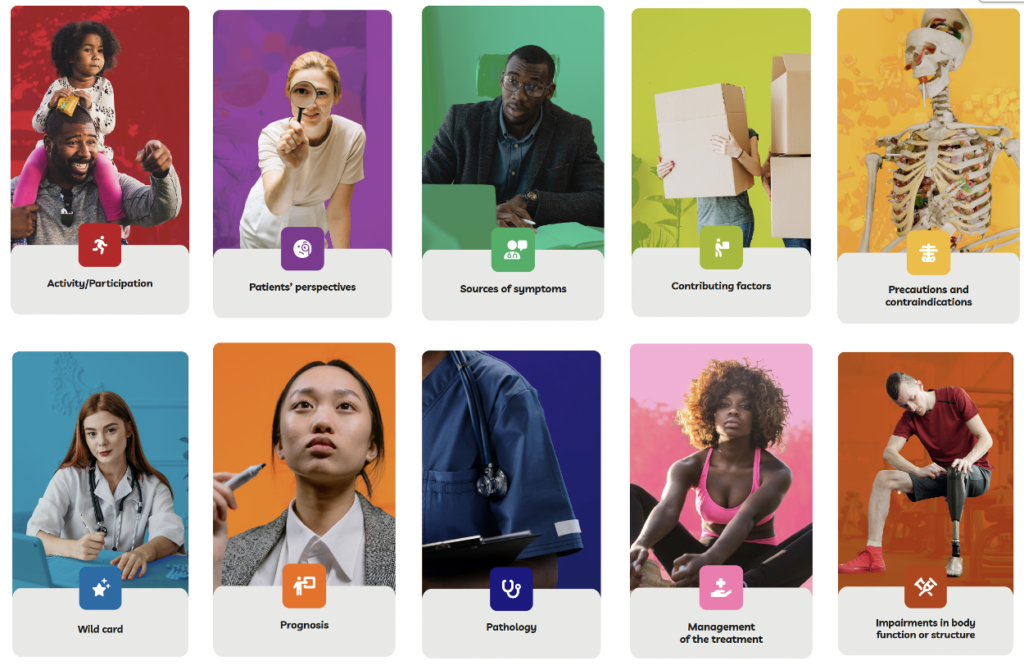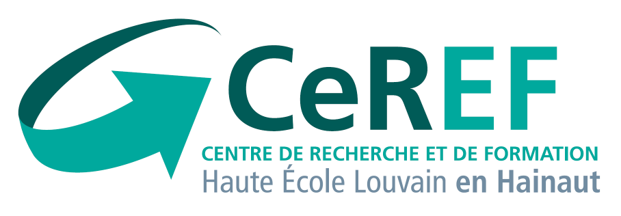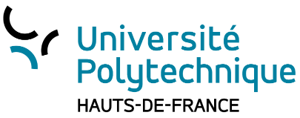
Reading by the fireside
Abstract: Neck-related arm pain is frequently encountered in clinical settings, yet its underlying
pain mechanisms remain elusive. While such pain radiating from the neck to the arm is often
attributed to injuries or diseases of the nervous system (neuropathic pain), it can also arise from
nociceptive (referred) or nociplastic sources. Regrettably, patients exhibiting this specific pain
distribution are frequently diagnosed with varying terms, including ‘cervicobrachialgia’,
‘cervicobrachial neuralgia’, ‘cervicobrachial pain syndrome’, and ‘cervical radiculopathy’. The
ambiguity surrounding these diagnostic labels complicates the clinical reasoning process. It is
imperative for clinicians to discern and comprehend the dominant pain mechanism. Three
distinct hypothetical clinical scenarios depict patients with almost identical pain distribution but
divergent dominant pain mechanisms. Within these scenarios, both subjective and objective
examinations are employed to elucidate the dominant pain mechanism associated with neckrelated
arm pain: nociceptive, neuropathic, and nociplastic. Furthermore, clinicians must remain
aware that the dominant pain mechanism can evolve over time.

SCALENEo Day 2
On November 13th , a SCALENEo day took place at LAMIH lab at Université Polytechnique
Hauts-de-France where, among several extraordinary projects, physiological signals are
generated for the SCALENEo project. In our new pedagogical approach to learning hypotheticodeductive
clinical reasoning, student’s ability to gain information from quantitative signals coming
from sensors is a key topic. In a EBM-based approach of physiotherapy, it is crucial for
establishing the most relevant treatment for the patient and not settling for ready-made
“recipes”. Many thanks to the local SCALENEo team (Sébastien Leteneur, Emilie Simoneau,
Jonathan Brindle, Martha Drelon) and to Jerome Graindorge for sharing his unrivalled experience
in the field of educational innovation.


Play and make play
Would you like to test the Hypothesis Families game? Would you like to take part in
developing this tool? Contact us to organise a workshop at your institution!


scaleneo.erasmusplus@gmail.com
The project
SCALENEo aims to promote an innovative learning tool in musculoskeletal physiotherapy
teaching, through a serious game dedicated to clinical reasoning. The serious game is based on
a set of cards representing different clinical hypotheses, allowing physiotherapy students or
professionals to structure their reasoning from a clinical case. The game will exist both in paper
version and online; its theoretical foundations and rules have been presented in Hage et al.
(2022).





